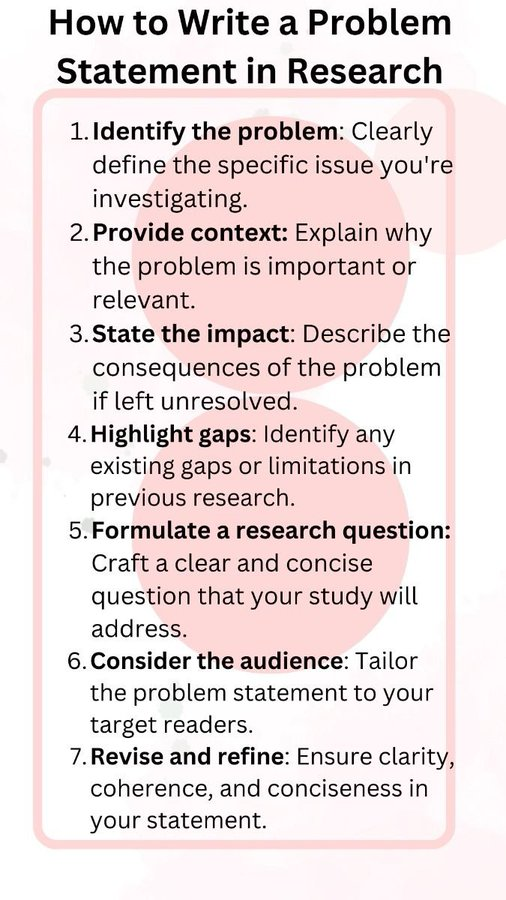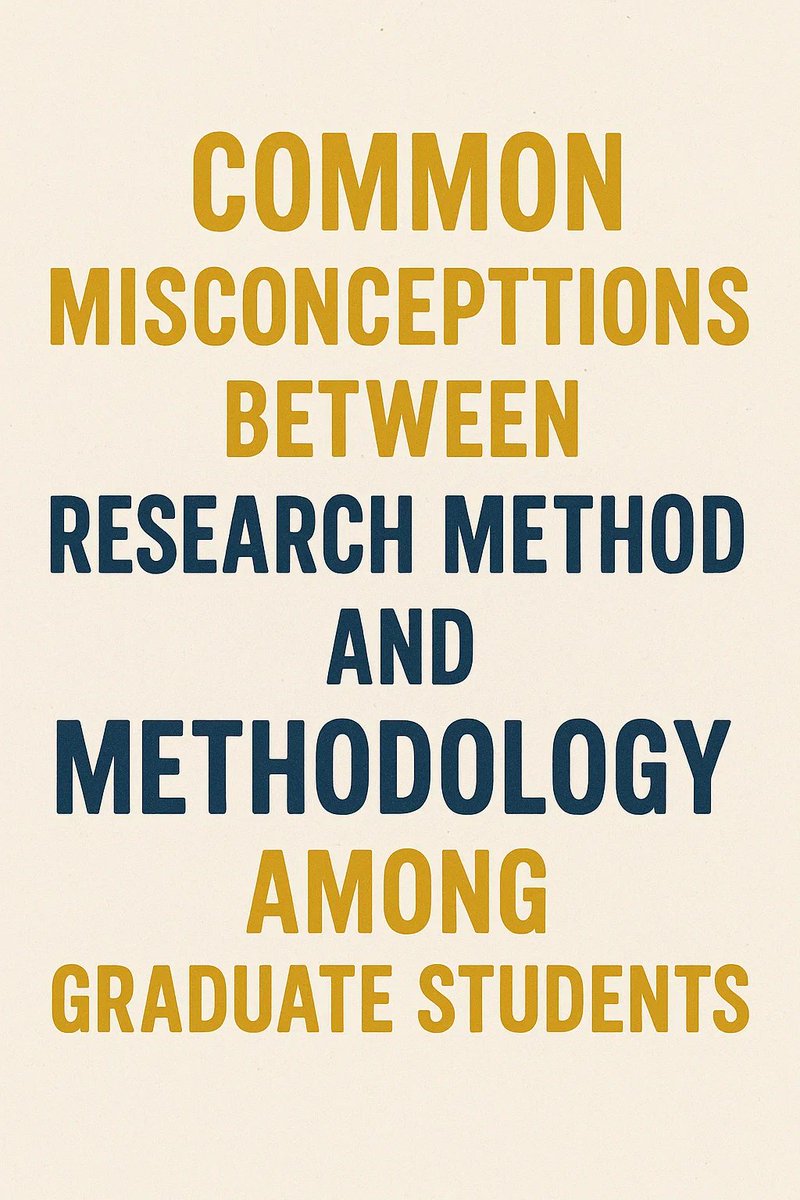How to Write a Powerful Abstract for Research Paper
A Step-by-Step Breakdown (with Real Example!)
-Thread-
A Step-by-Step Breakdown (with Real Example!)
-Thread-

1. Start with the Research Gap
Goal: Highlight what’s missing in existing literature.
Example:
“While many language teachers leave the profession early, others thrive and teach until retirement. However, research on the factors behind their sustained happiness is limited.”
Why It Works: Establishes urgency and justifies your study.
Goal: Highlight what’s missing in existing literature.
Example:
“While many language teachers leave the profession early, others thrive and teach until retirement. However, research on the factors behind their sustained happiness is limited.”
Why It Works: Establishes urgency and justifies your study.
2. State Your Objective
Goal: Clearly define the purpose of your research.
Example:
“The main objective was to explore the beliefs and career stories of three retired German teachers in Norway, recognized for their long-term motivation.”
Pro Tip: Use action verbs like “explore,” “examine,” or “assess.”
Goal: Clearly define the purpose of your research.
Example:
“The main objective was to explore the beliefs and career stories of three retired German teachers in Norway, recognized for their long-term motivation.”
Pro Tip: Use action verbs like “explore,” “examine,” or “assess.”
3. Describe Methodology
Goal: Explain how you answered your research question.
Example:
“Data were generated from in-depth interviews and analyzed through self-determination theory.”
Key Elements:
- Participants (e.g., three retired teachers).
- Methods (e.g., semistructured interviews).
- Analytical framework (e.g., self-determination theory).
Goal: Explain how you answered your research question.
Example:
“Data were generated from in-depth interviews and analyzed through self-determination theory.”
Key Elements:
- Participants (e.g., three retired teachers).
- Methods (e.g., semistructured interviews).
- Analytical framework (e.g., self-determination theory).
4. Present Key Findings
Goal: Summarize results without jargon. Focus on what surprised you!
Example:
“Teachers shared three traits: autonomy in teaching choices, perceived competence in their subject, and strong student relationships.”
Pro Tip: Use bold or italics sparingly to emphasize takeaways.
Goal: Summarize results without jargon. Focus on what surprised you!
Example:
“Teachers shared three traits: autonomy in teaching choices, perceived competence in their subject, and strong student relationships.”
Pro Tip: Use bold or italics sparingly to emphasize takeaways.
5. Highlight Implications
Goal: Answer “So what?” for academics and practitioners.
Example:
“School administrators should foster trust in teachers’ autonomy and support competency development.”
Why It Works: Links findings to real-world change.
Goal: Answer “So what?” for academics and practitioners.
Example:
“School administrators should foster trust in teachers’ autonomy and support competency development.”
Why It Works: Links findings to real-world change.
Abstract Template (Fill in the Blanks!)
Gap: “While [existing knowledge], [specific gap] remains understudied.”
Objective: “This study explores/examines [X] through [method].”
Methods: “Data were collected via [tool] and analyzed using [theory/framework].”
Findings: “Results revealed [key takeaways].”
Implications: “This suggests [actionable recommendation].”
Subscribe @ScholarshipfPhd for more Premium Tips
Gap: “While [existing knowledge], [specific gap] remains understudied.”
Objective: “This study explores/examines [X] through [method].”
Methods: “Data were collected via [tool] and analyzed using [theory/framework].”
Findings: “Results revealed [key takeaways].”
Implications: “This suggests [actionable recommendation].”
Subscribe @ScholarshipfPhd for more Premium Tips
• • •
Missing some Tweet in this thread? You can try to
force a refresh










